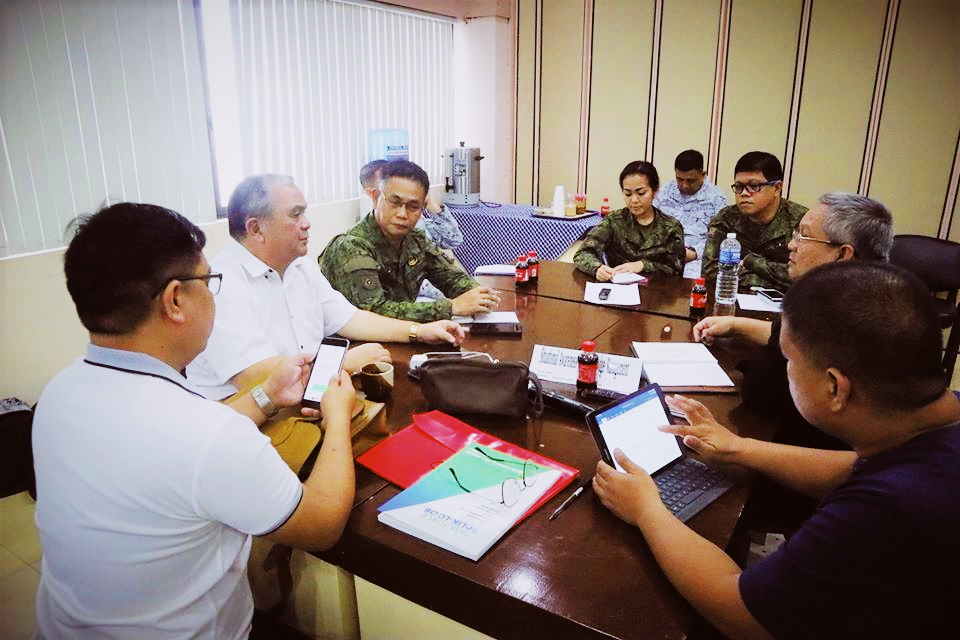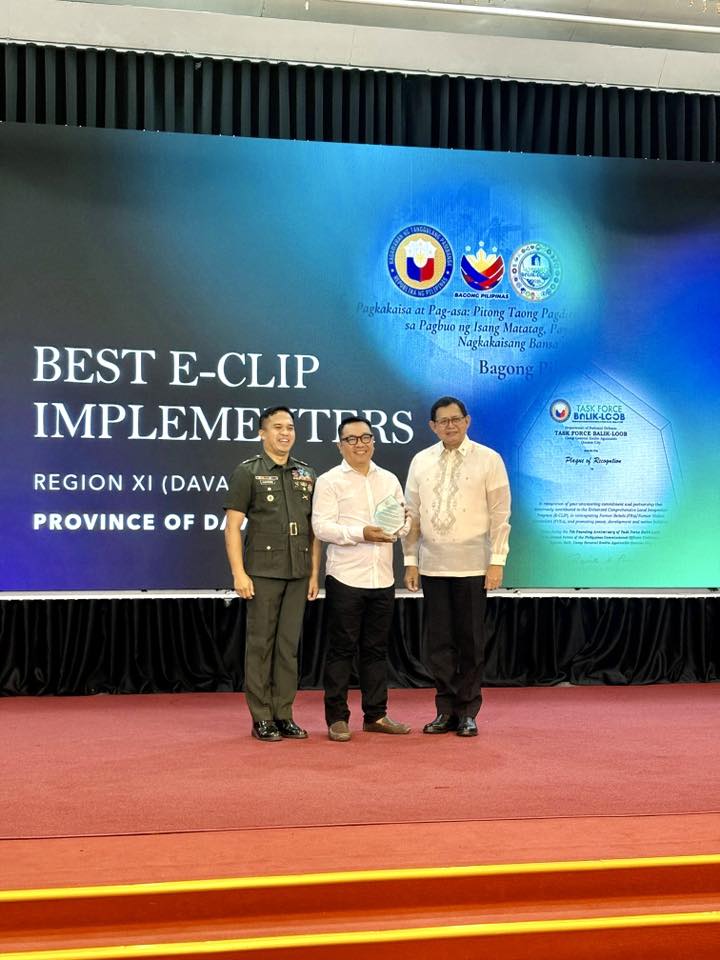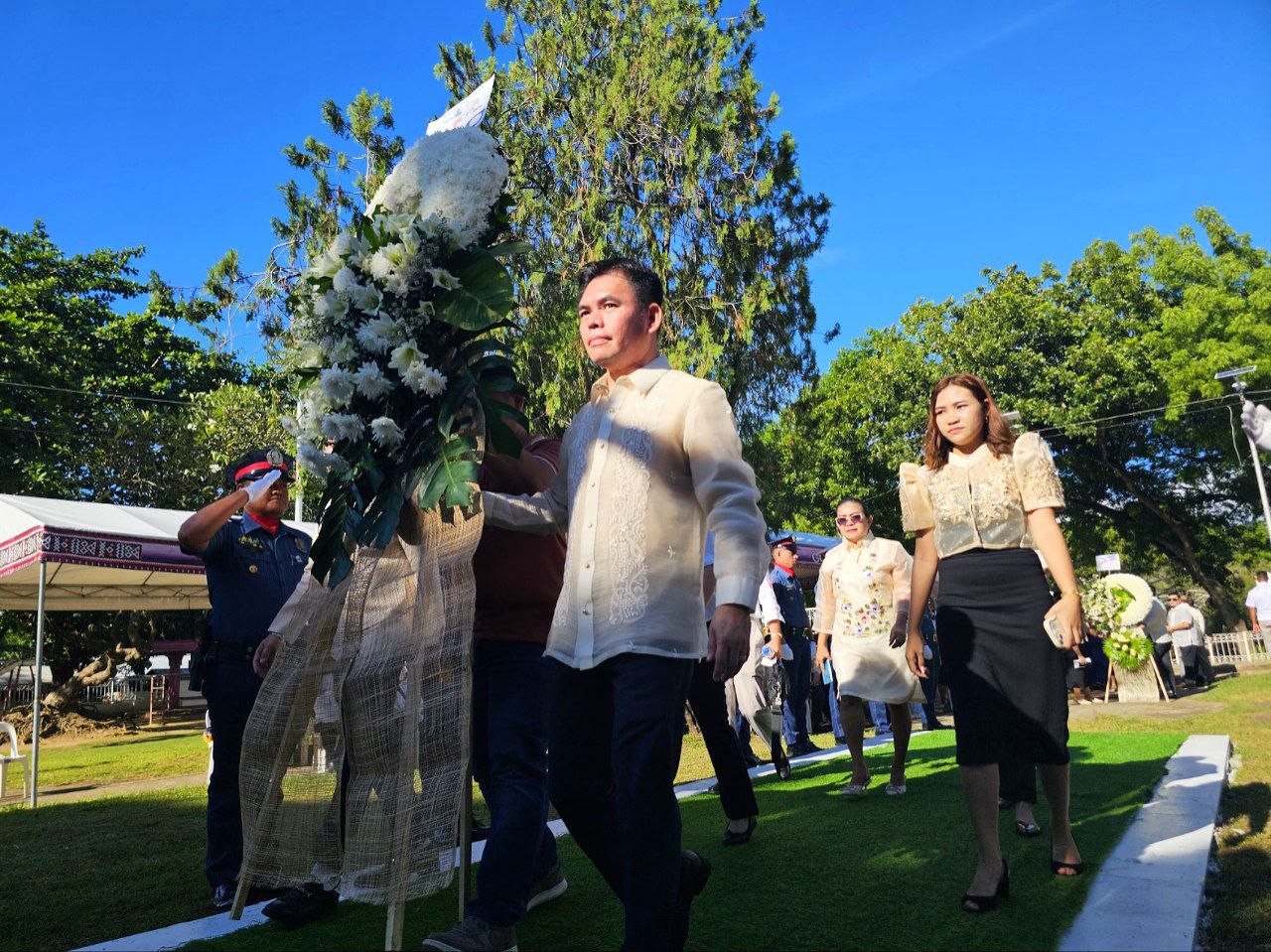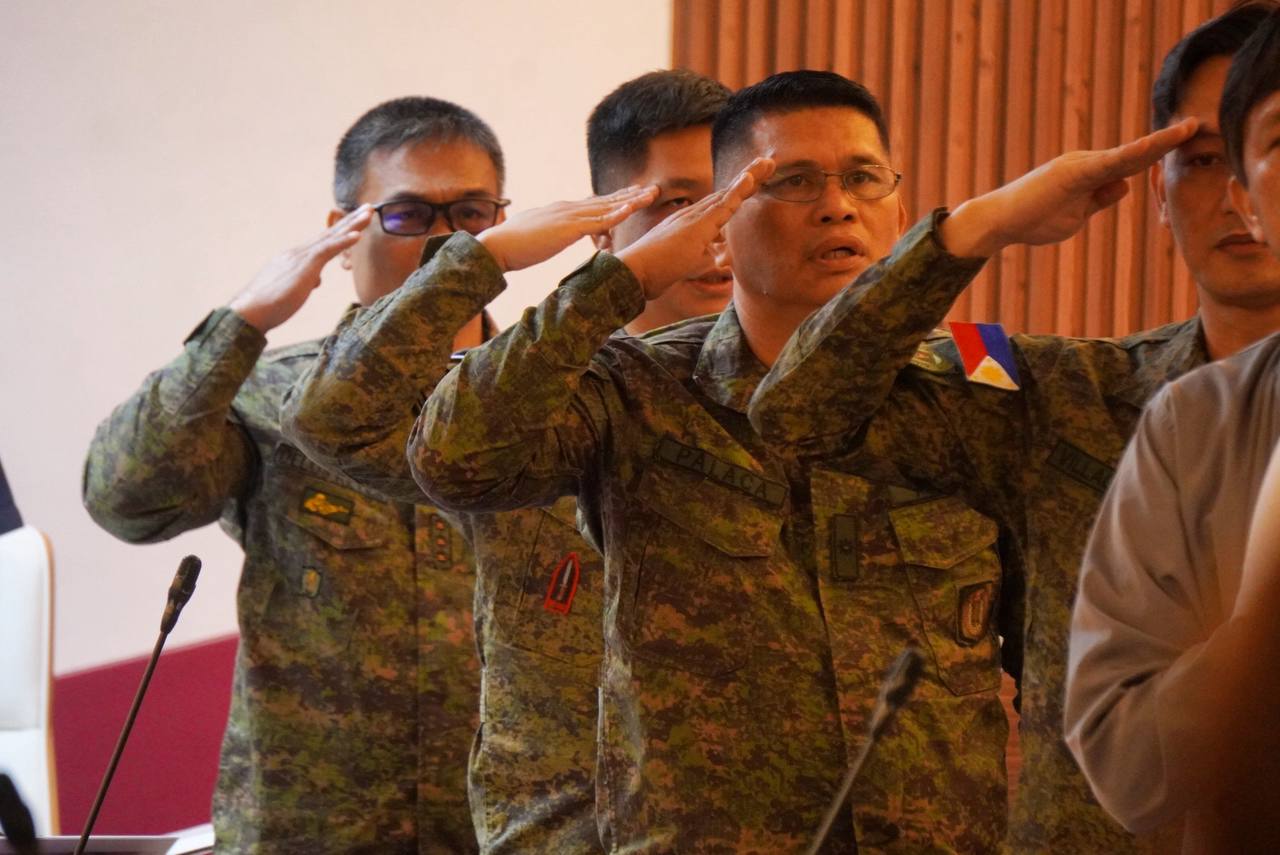DAVAO CITY – The provincial government of Davao Oriental is optimistic to get huge funding from the national government for its high-priority projects in barangays identified as conflict-affected areas and Geographically Isolated and Disadvantaged Areas following a workshop at the Regional Task Force to End Local Communist Armed Conflict (RTF-ELCAC) here.
During the two-day workshop, which started on Tuesday, January 28, held at the National Economic Development Authority (NEDA) Office in Davao City, the Davao Oriental Provincial Task Force to End Local Communist Armed Conflict (ELCAC), along with its counterparts from other provinces in the region, came up with a comprehensive list of proposed priority programs, activities, and projects (PAPs), which bid to alleviate poverty and address the issues on insurgency.
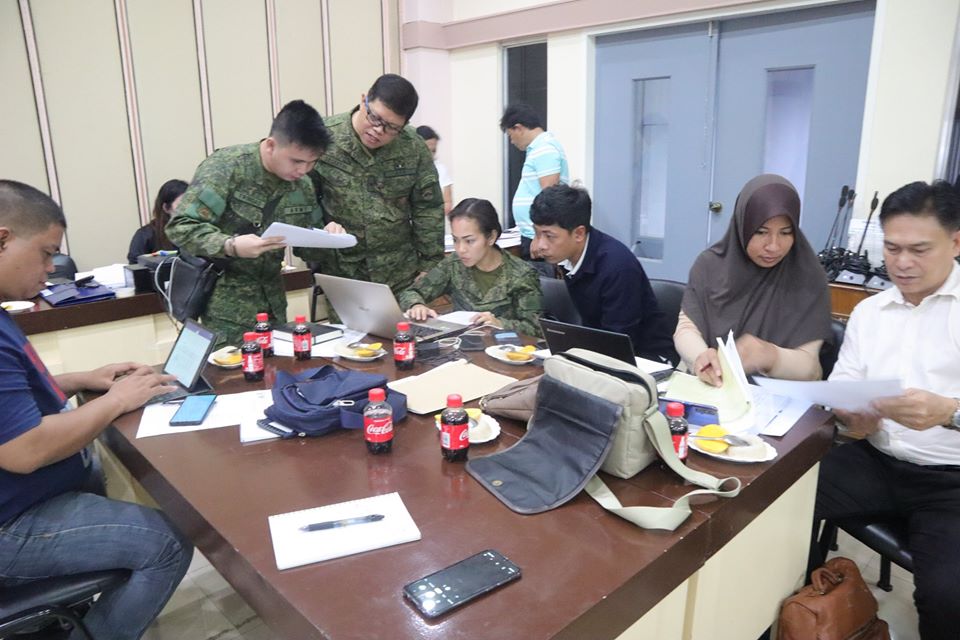
Davao Oriental’s proposed projects amounting to a total of P15.5 billion mainly include infrastructure projects, livelihood, and trainings, among others. These identified projects were based on the output of the Provincial Task Force ELCAC’s workshop held last January 22 in the City of Mati which saw the attendance of municipal and city mayors and heads of the different national agencies.
From the listed projects, the cluster member-agencies will determine projects to be adopted in their respective 2020 and 2021 budget. “For projects which were not adopted, a list of unaffirmed PAPs will be presented during the Joint Regional Development Council and Regional Peace and Order Council Meeting on February 3,” explained NEDA XI Assistant Regional Director Priscilla Sonido. She added that the adopted priority PAPs and priority barangays will be presented on the upcoming Cabinet meeting scheduled on the first week of February.
At the workshop, each provincial local government units were also asked to identify projects for five priority barangays for each congressional district.
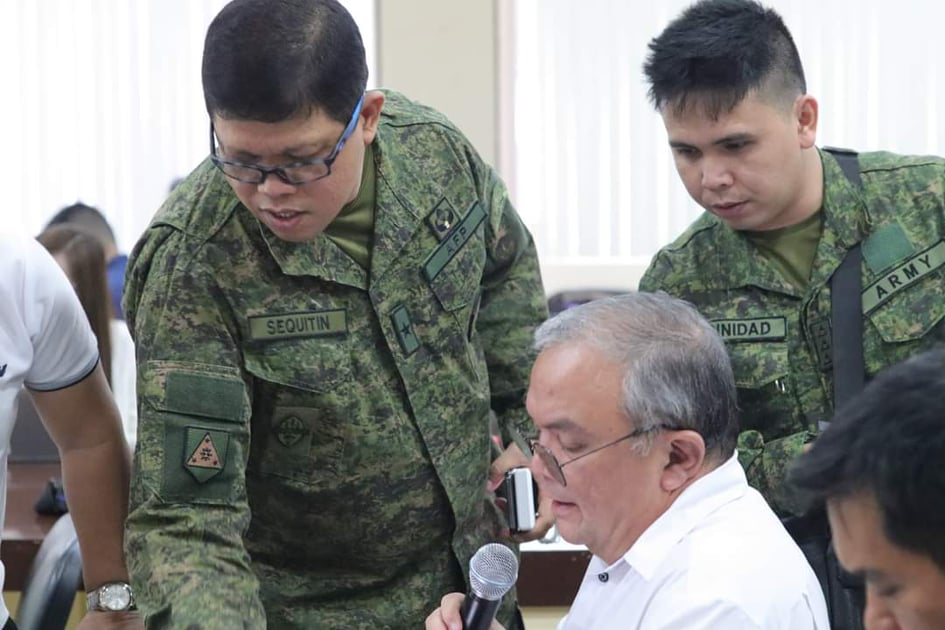
For its two districts, Davao Oriental has proposed big-ticket road projects for barangays Tubaon in the municipality of Tarragona, Taocanga in the municipality of Manay, Pichon in Caraga, Binondo in Baganga, and Simulao in Boston, all in the first district. While for its second district are Barangays Mahayag in Banaybanay, Sudlon in San Isidro, Marayag and Maragatas in Lupon, and Tagbinonga in the City of Mati. These proposed road projects require a total of P 7.4 billion.
While the identified projects and barangays came from the local government units, the list was harmonized and aligned with the priority list of the Philippine Army who has the firm grasp on which barangays the government should focus on, says PTF-ELCAC Vice Chairman Ednar Dayanghirang, who represented Governor Nelson Dayanghirang, together with Philippine Army 701st Brigade Commander Brigadier General Manuel Sequitin and DILG Provincial Director Orle Cabaobao.
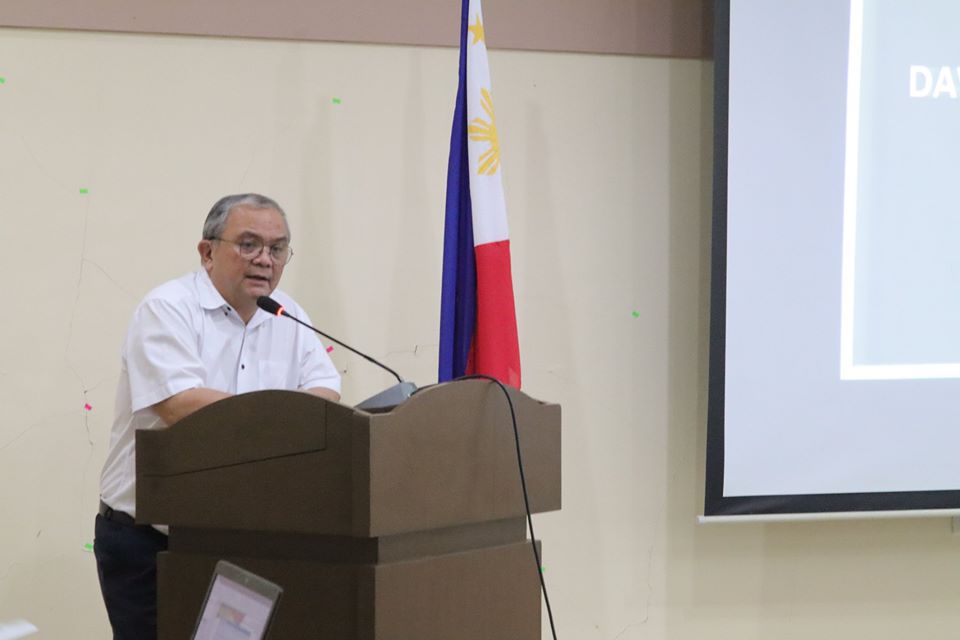
The workshop dubbed as Building Sustainable Peace, Security and Development, came after the pronouncement from the new Cabinet Officer for Regional Development and Security (CORDS), Department of Budget and Management Secretary Wendel Avisado, on the availability of a huge budget to be poured on development projects supporting the President’s Executive Order 70 or Whole-of-Nation Approach to Attain Sustainable Peace and to End Local Communist Armed Conflict.
Governor Nelson Dayanghirang, in an earlier interview, disclosed that the national government has earmarked P35 billion ready to be tapped by the twelve clusters under the ELCAC. “We should seize this opportunity,” said Gov. Dayanghirang, adding that he hopes that majority of the projects for his province, if not all, would be approved.
“Our problem on insurgency basically stems from poverty and the absence of government services in the hinterland areas. So, we really need to harmonize all our efforts to end this problem once and for all,” he said. “I think this is the right time that we address this issue. We have to prioritize livelihood and accessibility. The sooner we address these issues, the sooner we solve the problem on insurgency,” he added.
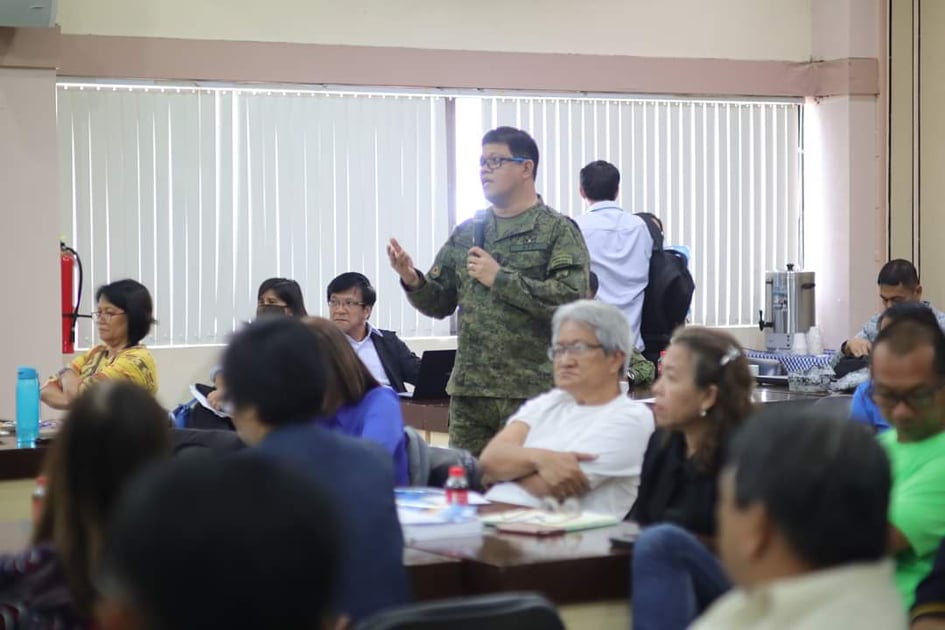
Meanwhile, Department of the Interior and Local Government XI Regional Director Alex Roldan challenged the members of the RTF-ELCAC to double their efforts and enhance convergence and cooperation in the implementation of the Executive Order 70.
“The task ahead of us will either make or break our objective of ending the insurgency. This is a huge task. I hope that this workshop will set in motion a more coordinated, a wider scope of the implementation of the Executive Order 70. We have to bear in mind that the ultimate goal of all our efforts is to build peace – a peace based on mutual respect and trust of the communities to the government,” he said. By Karen Lou Deloso

